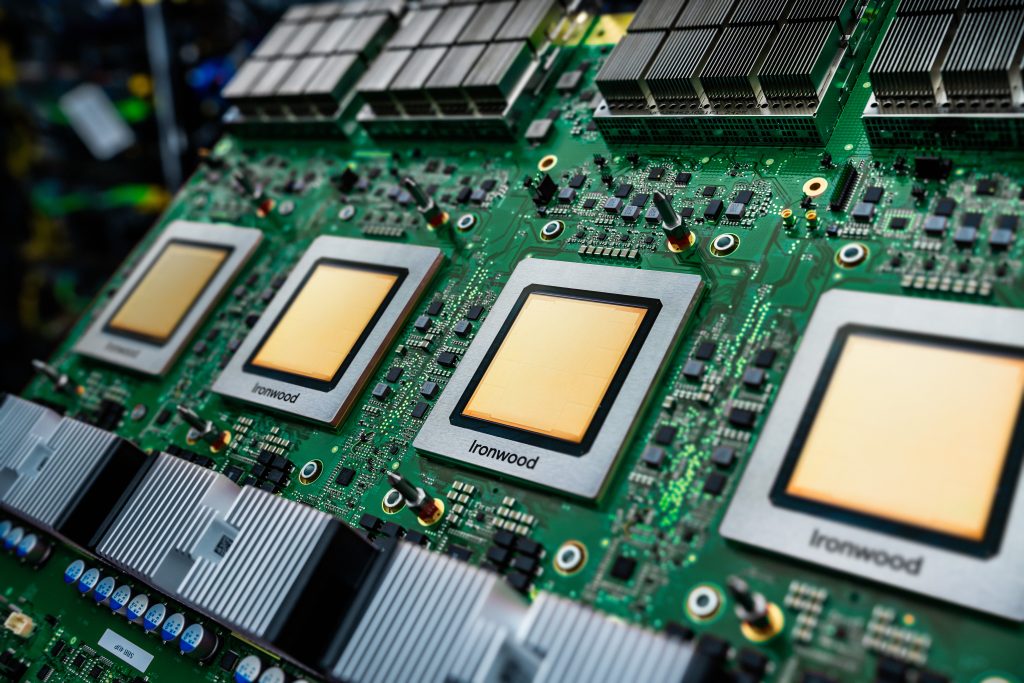- Malaysia tightens semiconductor regulations amid Nvidia chip diversion to China.
- $390 million fraud case in Singapore reveals vulnerabilities in SE Asia supply chain.
The Nvidia chip crackdown in Malaysia is intensifying. The country is apparently facing mounting pressure from the United States to prevent advanced semiconductors from being diverted to China.
Malaysia’s Trade Minister Zafrul Aziz has confirmed the Malaysian government plans to tighten regulations on semiconductor movements in response to specific US demands to monitor high-end Nvidia chips entering the country. “[The US is] asking us to make sure that we monitor every shipment that comes to Malaysia when it involves Nvidia chips,” Aziz told the Financial Times [paywall]. “They want us to ensure that servers end up in the data centres they’re supposed to and not suddenly move to another ship.”
The minister has formed a special task force with Digital Minister, Gobind Singh Deo, to strengthen regulations around Malaysia’s rapidly-growing data centre industry, which heavily relies on chips from industry leader Nvidia. The move comes amid heightened concerns in the US that Malaysia may be serving as a transit point for advanced AI chips ultimately destined for China, in violation of US export controls.
Singapore fraud case highlights regional concerns
The Malaysian moves follow closely on the heels of a major fraud investigation in neighbouring Singapore, where authorities have charged three individuals – two Singaporeans and one Chinese national – over trades in hardware servers allegedly worth approximately $390 million.
During a press briefing in early March, Singapore’s Home Affairs Minister K Shanmugam stated that the servers in question “may contain Nvidia chips.” The case involves Dell and Supermicro servers imported from the US and subsequently sold to a company in Malaysia. “The question is whether Malaysia was a final destination or from Malaysia it went somewhere else, which we do not know for certain at this point,” Shanmugam said, adding that the Singaporean government had requested assistance from both the US and Malaysian authorities in its investigation.
Two of the individuals charged – Alan Wei Zhaolun, 48, and Aaron Woon Guo Jie, 40 – hold senior positions at Aperia Cloud Services as CEO and COO respectively. According to its website, Aperia claims to be “Nvidia’s first qualified Nvidia Cloud Partner in Southeast Asia,” with “priority access to the highest-performing [graphics processing units] available in the market.” The third individual, a 51-year-old Chinese national named Li Miang, is accused of claiming fraudulently that the end user of items he purchased was a Singaporean computer equipment sales company, Luxuriate Your Life.
US export controls on Nvidia chip and regional impact
The increased scrutiny stems from broader US efforts to obstruct China’s development of advanced technologies, particularly AI with potential military applications. During the final days of the Biden administration in late 2024, the US introduced a three-tier licensing system for AI chips designed for use in data centres, explicitly targeting Nvidia’s powerful graphics processing units (GPUs). The measures were designed to prevent Chinese companies from circumventing US restrictions by accessing restricted chips through third countries. The US is also investigating if Chinese AI firm DeepSeek (which made headlines recently about its impressive AI model performance) has been using banned US chips.
Malaysia’s growing data centre industry
Malaysia has emerged as one of the fastest-growing global data centre development markets, with much of this growth concentrated in the southern state of Johor. According to Zafrul, the state has attracted over $25 billion in investment from major technology companies, including Nvidia, Microsoft, and ByteDance (TikTok’s parent company) in the past 18 months alone. The country recently agreed to form a special economic zone with Singapore, further embedding it as a key player in regional technology infrastructure. However, with the growth comes an increased responsibility to ensure compliance with international export controls.
Challenges in enforcement
Minister Zafrul has acknowledged the significant challenges in tracking semiconductors through complex global supply chains. “The US is also putting much pressure on their own companies to be responsible for ensuring [chips] arrive at their rightful destination,” he said. “Everybody’s been asked to play a role throughout the supply chain.” He emphasised the difficulty of enforcement, stating plainly, “Enforcement might sound easy, but it’s not.”
Nvidia’s global sales patterns underscore the challenge. It generates nearly a quarter of its global sales through its Singapore office, raising attention in the US around potential hardware movements to China. Nvidia has maintained that almost all of these sales constitute invoicing of international companies through Singapore, with very few chips passing through the city-state.
Regional context and industry impact
The focus on semiconductor flows in Southeast Asia represents one aspect of broader technology trade restrictions in place. In a parallel development, the European Union recently sanctioned Splendent Technologies, a Singaporean chip distributor, as part of measures targeting companies allegedly helping Russia’s defence sector.
Balancing economic development with regulatory compliance presents a practical challenge for Malaysia. The country’s efforts to strengthen monitoring systems must address complex supply chains while be supportive of its growing position in the regional technology ecosystem. As Malaysia implements new oversight measures, technology companies operating in the region may face additional compliance requirements stemming from Kuala Lumpur. However, the precise impact on the broader semiconductor industry will depend on the specific implementation approach and enforcement capacity.








